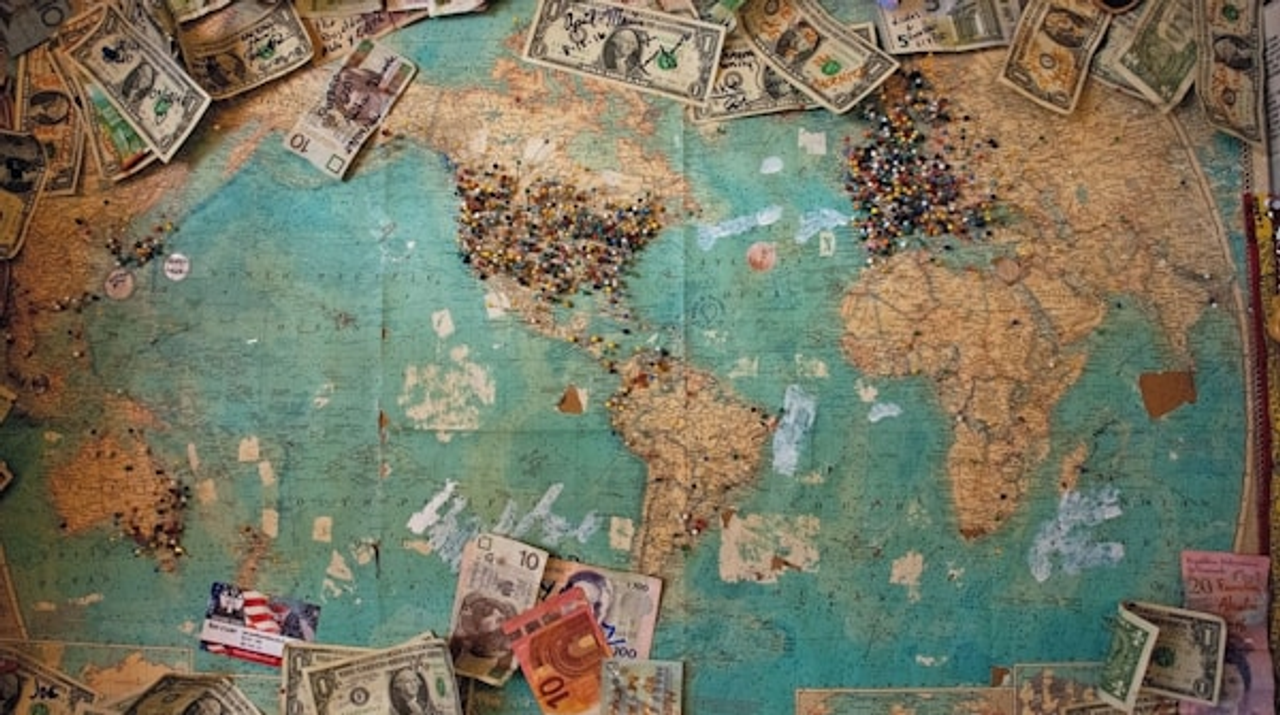
Luxury asset markets, including high-end real estate, fine art, and collectible cars, are not immune to the effects of global events. From economic downturns and political instability to technological advancements and cultural shifts, various factors can influence the value and demand for luxury assets. In this post, we’ll examine how global events impact luxury asset markets and what investors need to consider when navigating these changes.
The Impact: Economic recessions typically lead to a decrease in disposable income, which can reduce demand for luxury assets. During such periods, the prices of luxury goods, including real estate and art, may soften as fewer buyers are willing or able to invest in high-value items.
What Investors Should Know: While luxury assets can be more resilient than other markets during downturns, they are not immune to price drops. Investors should monitor economic indicators closely and consider holding onto assets during recessions, as their value may rebound as the economy recovers. Diversifying your portfolio to include more liquid assets can also provide financial flexibility during economic downturns.
The Impact: Geopolitical events, such as wars, trade disputes, or changes in government policies, can create uncertainty in luxury asset markets. These events may disrupt supply chains, affect investor confidence, and lead to changes in currency values, all of which can impact the prices of luxury assets.
What Investors Should Know: Investors should stay informed about global geopolitical developments and assess how these events may affect the markets they are invested in. In times of instability, some investors may choose to move their wealth into safer or more stable assets, while others may see opportunities in markets that are temporarily undervalued. Flexibility and a well-informed strategy are key to navigating these turbulent times.
The Impact: Technological advancements can both positively and negatively impact luxury asset markets. For instance, advancements in blockchain technology have led to the rise of digital assets and NFTs, creating new investment opportunities. Conversely, technology can disrupt traditional markets, as seen with the shift from physical to digital art.
What Investors Should Know: Embracing new technology can open up opportunities in emerging markets, such as digital collectibles or blockchain-based assets. However, investors should also be aware of the risks associated with rapidly changing technologies and the potential for market volatility. Staying informed and adapting to technological trends can help investors capitalize on these shifts.
The Impact: Global events can lead to significant changes in consumer behavior and cultural values, which in turn affect the luxury market. For example, the growing emphasis on sustainability has increased demand for eco-friendly luxury goods and real estate.
What Investors Should Know: Understanding cultural trends is essential for predicting shifts in the luxury market. Investors should pay attention to changing consumer preferences, such as the move towards sustainability, and adjust their portfolios accordingly. Investing in assets that align with emerging cultural values can lead to long-term appreciation and market resilience.
The Impact: The COVID-19 pandemic highlighted how global health crises can dramatically affect luxury asset markets. While some sectors, like luxury travel, saw declines, others, like luxury real estate in rural areas, experienced a surge in demand as people sought more space and privacy.
What Investors Should Know: Health crises can lead to rapid and unexpected changes in luxury markets. Investors should be prepared to pivot their strategies in response to these changes. For example, during the pandemic, some investors shifted their focus to assets that cater to new lifestyle trends, such as remote work and wellness-focused living.
Global events have a profound impact on luxury asset markets, influencing everything from demand and prices to investor sentiment. By staying informed and adaptable, investors can navigate these changes and make strategic decisions that protect and enhance their portfolios. Whether it’s an economic downturn, geopolitical instability, technological advancements, cultural shifts, or health crises, understanding the broader context in which luxury assets exist is key to successful investing.